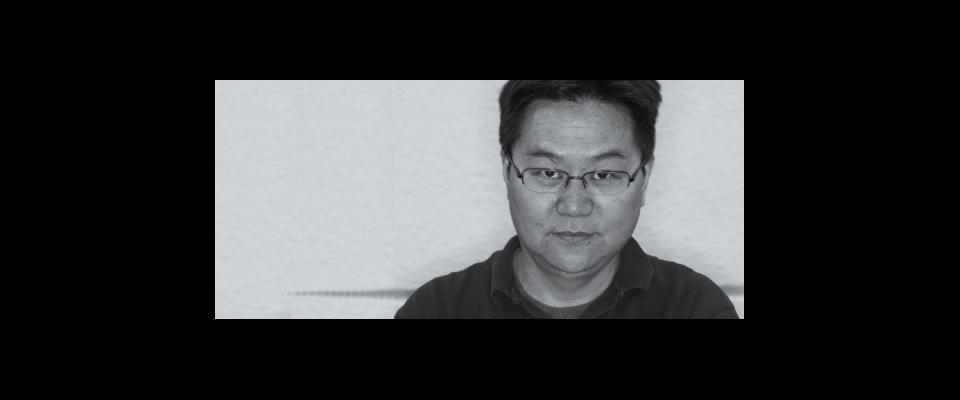For someone like SangGue Son, labels can be a matter of life and death: If the government and medical experts classify Son as a Korean American, they will have a better chance of saving his life than if they think of him as an Asian Pacific Islander.
When Son started smoking, he had no idea that it was bad for him. Almost all the boys smoked in his high school in Korea, he says. When he immigrated to California, Son continued smoking, mostly unaware of the danger-his Marlboros were actually stronger than Korean cigarettes and he couldn’t read the English warnings on their packages. According to a recent study, 35.4 percent of Korean California men smoke-higher than almost any other ethnic group. But with a slight shift of label, cause for concern diminishes: only 21.6 percent of Asian California men smoke.
"When you lump them all together they may look pretty good," says Joel Moskowitz, who co-wrote the Asian health study with Susan Ivey, Gene Kazinets, and Michael Ken-Kou Lin at Berkeley’s School of Public Health. "There’s a tendency to stereotype this group as healthy," Moskowitz says. And it is-but only when you think of it as a group. Californians with roots in India are more likely to struggle with obesity and less likely to smoke. Korean Californians are more likely to be just the opposite: slim smokers.
The California Department of Health Services is wise to this diversity: It recently launched anti-smoking ads in ethnic media outlets. But Moskowitz says federal officials aren’t as interested in studying Asian subgroups. In part, that’s because the percentage of Asian Americans in the U.S. is much smaller than in California. Dividing "Asians" into more meaningful categories puts researchers in a double bind because the percentages drop further-making it harder to justify funding studies on a national level.
Of course, statistics don’t change the reality for people like Son. Last August, after 40 years of smoking, Son quit-but not because of a health campaign. He quit because his friend died of lung cancer. Now he chews nicotine gum and says he’s feeling great. Moskowitz is looking for less painful ways of conveying information to Korean Americans. He recently finished a four-year project working with Korean churches and offering incentives in Korean language newspapers for women to get cancer screenings.




















